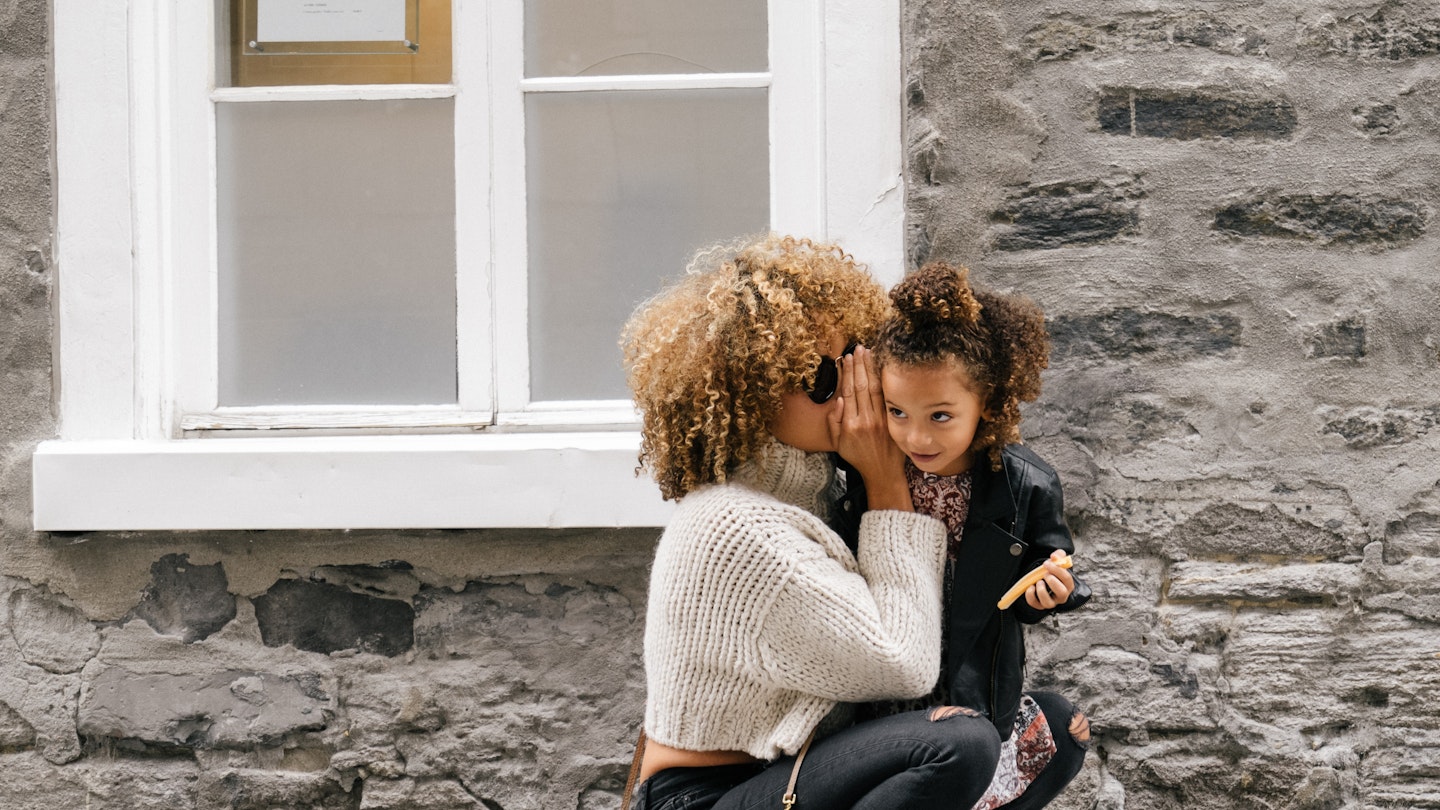What do you call your genitals? There are a million euphemisms in English – diminutive, delicate, damaging. Pussy’s too porny. Minky’s too cutesy. Flower (confusing?). Front-bottom (inaccurate!). And versions of foof, foo-foo or hoo-ha plain undignified. If you answered my first question with a smug ‘I call it my vagina, thank you very much’, congratulations – you’re an adult, though perhaps a misinformed one.
That’s because most of the time, when we say vagina we mean vulva: a short-hand for getting the Vs in the right order is to think of the vagina as inside, vulva outside. A 2016 study by Eve Appeal found that a staggering 60% of women can’t label the vulva on an anatomical diagram – but why are we so misinformed about our own bodies?

Well, a new poll conducted by Eve Appeal – part of their #EducatingEve campaign for Gynae Cancer Awareness Month – discovered that less than a fifth of parents use the word vagina when talking to their daughters. And, with only 1% ‘frequently say[ing] vulva’, the stats might go some way towards explaining how even adults are often in the dark when it comes to their own genitals. As Eve Appeal says, ‘Children are not born with any shame or embarrassment about their bodies, it is picked up throughout their life’. Misinformation and codewords combine for a clear message; that part of your body is problematic, mysterious, embarrassing. Almost a third of parents surveyed said they didn’t feel it was appropriate to use anatomical language with their daughters until they were aged 11 or older, and nearly half – 44% – regularly use euphemisms.
Hushed tones discourage open conversation, too: talking about vulvas and vaginas like we do other body parts – arm, nose, foot – is crucial for empowering women to speak up when things go wrong. (Best not to tell a doctor that you’ve got pain in your Lady Garden, or irregular bleeding from your Dimple.) Perhaps most frightening, a further ‘fifth of parents don’t refer to that part of the body with their daughters at all’ which might explain the statistic that a quarter of girls start their period without having learnt about it before.
Of course, parents were once parented themselves – and squeamish censorship is handed down like an heirloom. ‘Stopping taboos before they start in the next generation of women needs open, clear and accurate information conveyed to our children,’ says Eve Appeal. Ann Jones of the National Federation of Women’s Institutes said of the research ‘Talking openly about gynaecological health and using the correct terms is such an important step in tackling the stigma that can surround these issues, and ultimately prevent some women from seeking potentially lifesaving care.’ Hear hear. Repeat after me: vulva, vagina, vulva, vagina. Vulva.
READ MORE: Our Fear Of ‘Vagina’ Is Stopping Us Seeing The Doctor
READ MORE: Half Of British People Don't Know Where The Vagina Is
